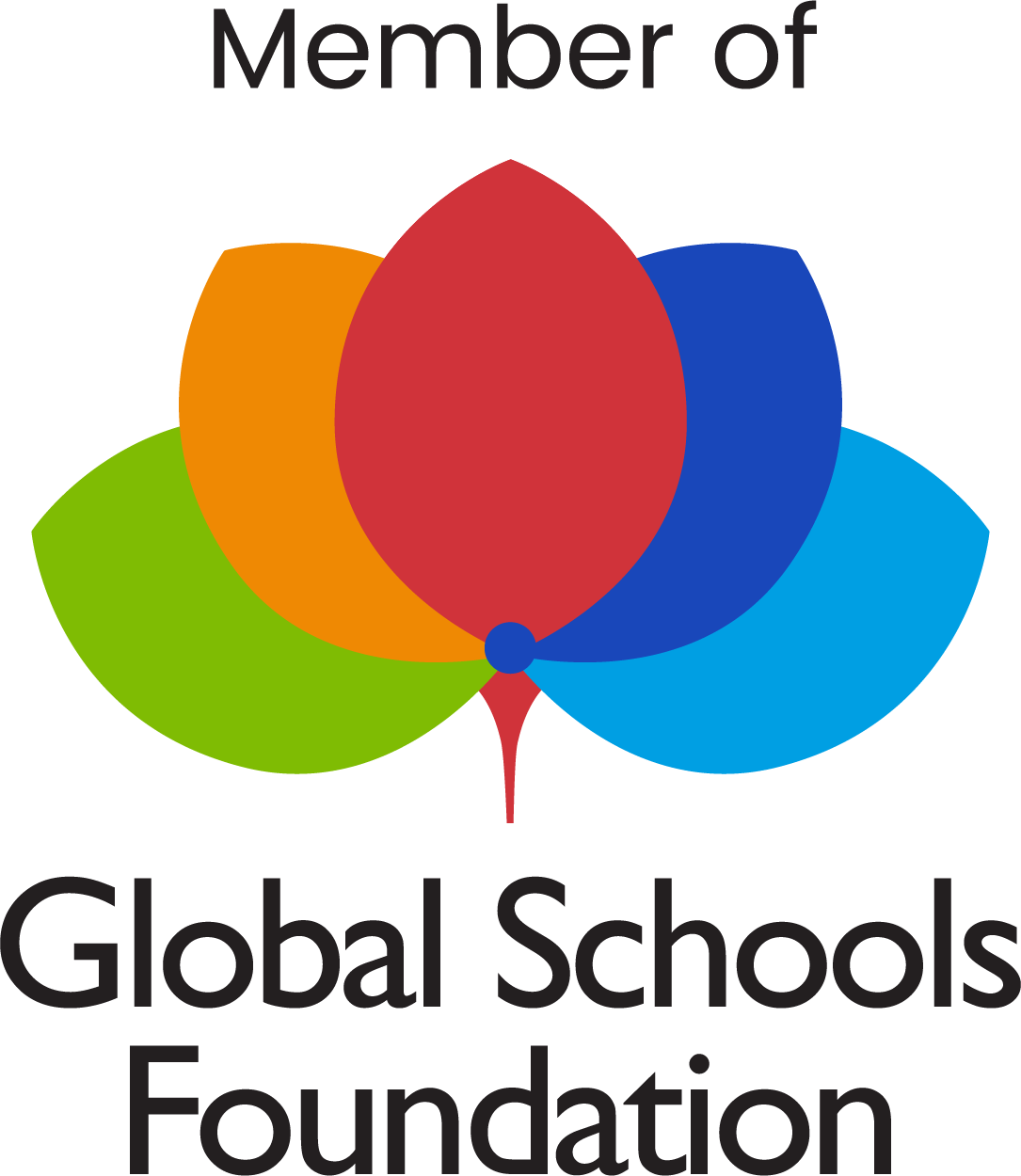QUEST LEARNING
SUPPORT
IN THIS SECTION
WHAT IS QUEST?
Quest encompasses a range of services and resources to help students succeed academically. It is designed to assist students who may have specific learning challenges by providing targeted interventions to students, enabling them to overcome challenges, improve their understanding, and enhance their overall learning experience.


QUEST ACROSS DWIGHT SEOUL
Early Childhood Division (ECD)
Preschool 3, Preschool 4, Kindergarten: Speech Language Therapy, Occupational Therapy
Primary Years Program (PYP)
Grades 1 through 5: Learning Support, Speech Language Therapy, Occupational Therapy
Middle Years Program (MYP)
Grades 6 through 10: Learning Support, Speech Language Therapy, Occupational Therapy
Diploma Program (DP)
Grades 11 and 12: Learning Support
QUEST EXPERTS

Are specialists in the fields of Learning Support, Speech Language Pathology, and Occupational Therapy

Connect with students, teachers and administrators

Are knowledgeable of the three-program IB curriculum

Communicate with teachers and families

Help students navigate learning challenges at school

Are inclusive, neurodiversity affirming, collaborative, and respectful of differences

Use evidence and data to set specific, measurable, and achievable goals, and employ a variety of progress monitoring tools to track student growth

Know the expectations of each student’s Individualized Learning Plan (ILP)

Provide written feedback on progress toward goals alongside the Dwight Seoul report cards
QUEST STUDENTS

Are a diverse group of learners with a variety of learning styles, strengths, language backgrounds, and

Have mild to moderate learning needs in reading, writing, or mathematics; a speech or language delay or disorder, or occupational therapy needs
HOW QUEST WORKS
Each student at Dwight Seoul has a unique learning profile and, in most cases, the learning needs of the student are met solely by classroom teachers. However, in some cases, support is required from teachers and clinicians with specific, specialized expertise beyond that of a classroom teacher. A request for support through Quest can be made at any time by parents or teachers, and enrollment in Quest will be determined based on evidence, data, and need.
Students can receive personalized support in small groups, pairs, or individually depending on need. This support may take place in the Quest Quarters, in the classroom, or in other learning spaces throughout the school (science labs, library, kitchen, etc.). Support takes place during the school day and is scheduled in two or four periods per week.
Quest services will evolve over time for each student as goals are met and needs change. Students will be exited from support if support is no longer warranted.
Quest Academic Learning Support
Academic Learning Support is targeted instruction for students formally identified as having a learning need in at least one of the following areas:
Reading and Writing impairments may look like
- Have trouble learning the alphabet, numbers, colors, shapes, days of the week
- Have difficulty following directions or learning routines
- Have trouble learning the connection between sounds and letters
- Be unable to blend sounds to make words
- Confuse basic words when reading
- Consistently misspells words and make frequent reading errors
- Be slow to learn new skills
- Any of the above areas
- Have difficulty with reading comprehension
- Have trouble with open-ended test questions and word problems
- Spell the same word differently in a single document
Mathematics impairments may look like
- Have difficulty recognizing numbers
- Struggle to connect numerical symbols (0, 5) with their corresponding words (zero, five)
- Have challenges recognizing patterns and placing things in order
- Have difficulty remembering numbers (phone numbers, game scores, zip codes) or lose track when counting
- Have difficulty reading clocks and telling time
- Have significant difficulty learning basic math functions like addition and subtraction, or multiplication tables
- Be unable to grasp the concepts behind word problems and other non-numerical math calculations
- Struggle to remember directions to a location
- Get easily frustrated by games that require consistent score keeping, number strategies, or counting
- Any of the above areas
- Have difficulty estimating how long it will take to complete a task
- Struggle to process visual-spatial ideas like graphs and charts
- Struggle with money matters such as making change, counting bills, calculating a tip, splitting a check, or estimating how much something will cost
Students receiving Learning Support in Grades 2 through 12 are required to have an educational-psychological or neurodevelopmental evaluation. Re-evaluation is required every three years. Accommodations and modifications on IB exams, MAP tests, and college entrance examinations require psychoeducational or neurodevelopmental necessity.
Quest at Dwight Seoul is unable to support students with severe or profound learning, emotional, behavioral, attention, or medical issues.
Quest Speech Language Therapy
Speech Language Therapy is provided for students with communication disorders by a qualified and experienced Speech Language Pathologist. Therapy can help students overcome communication challenges and succeed academically and socially in the school environment. Additional requests for outside evaluation and/or treatment (otorhinolaryngologist/ENT, orthodontist, neurologist, educational psychologist, pediatrician, dentist, etc.) may also be required as an outcome of, or in coordination with, speech language evaluation at Dwight Seoul.
- Language delays and disorders are a very common developmental challenge for preschool-aged students
- Delays follow a typical developmental sequence but skills and milestones, etc. are slower to be met
- Disorders do not follow typical developmental sequence
- Receptive language disorders are characterized by difficulty with understanding and are often seen alongside expressive language disorders
- Expressive language disorders are characterized by limited vocabulary, limited use of concepts, difficulty with storytelling, and errors in grammar
- Oral Sensory (or Oral Placement) disorders can affect speech and/or feeding
- The same muscles used in feeding are necessary for speech
- These disorders may involve the muscles of the jaw, lips, or tongue; tongue tie (anterior or posterior); or the bones of the face (maxilla and/or mandible)
- These disorders are often the root of difficulties with sleep, growth, and learning
- Dysfluencies are characterized by disruptions in the forward flow of speech
- Words, or parts of words, may be repeated, stretched, or completely blocked with no sound coming out
- Secondary characteristics—blinking, jaw jerking, and head or other involuntary movements—may be paired with vocal dysfluencies
- Secondary characteristics can add to embarrassment or fear of speaking
- Counseling for the student’s support system may be recommended
- Errors occur when a sound is produced with incorrect placement, resulting in a distorted or completely different sound
- Voice disorders refer to the quality of the voice at the level of the vocal folds in the larynx
- Common voice disorders in children are laryngitis, vocal fold lesions or polyps, vocal fold paralysis, and reduced breath support due to weak abdominal muscles
- A medical evaluation by an otorhinolaryngologist (ear/nose/throat doctor—ENT) is required when a voice disorder is suspected
Students receiving Speech Language Therapy in Preschool 3 through Grade 10 are required to have a Speech Language evaluation. Re-evaluation is required every two years.
Quest at Dwight Seoul is unable to support students with severe or profound communication needs.
Quest Occupational Therapy
Occupational therapy may be recommended for students who need support for participation in activities for successful academic performance such as handwriting, organization of materials, sensory processing, and self-regulation.
- Participation in mealtimes (eating, engaging in conversations with friends)
- Managing clothing
- Using the restroom
- Hygiene
- Participating in healthy structured and unstructured play activities
- Interacting as a team
- Following rules
- Learning basic pre-work skills such as cleaning up after an art project or lunch
- Time management
- Following directions
- Developing sleep routines to support growth and health (getting enough hours of sleep, knowing how to prepare for sleep)
- Recognizing the need for rest and a balance of activities
- Making and keeping friends
- Respect for difference
- Including others
- Developing social and emotional learning (recognizing feelings, modifying behavior)
- Using tools to communicate (phone, keyboard)
- Sensory processing strategies for well-being
- Skills to enable participation in health extracurricular hobbies and interests after school and on weekends (dance, sports, clubs, crafts)
